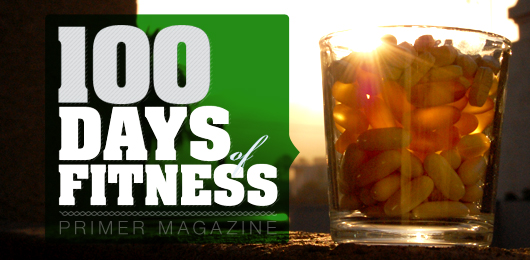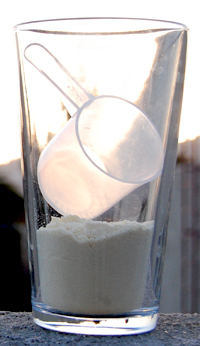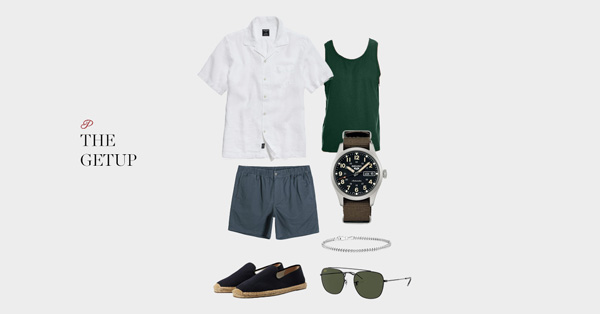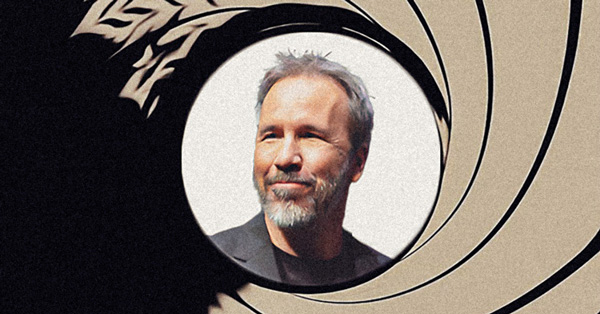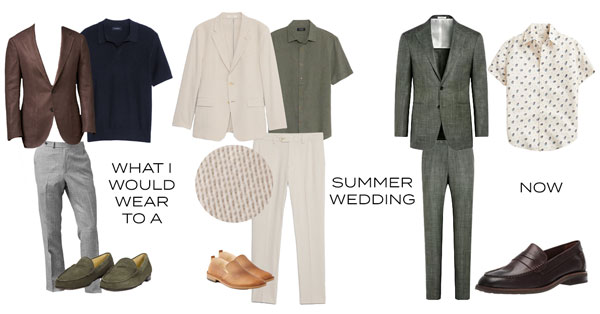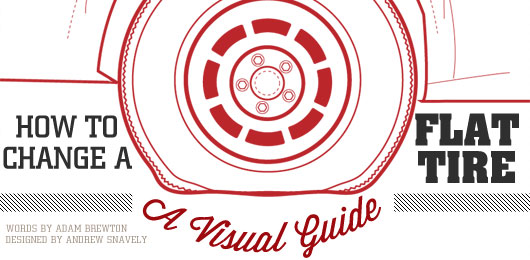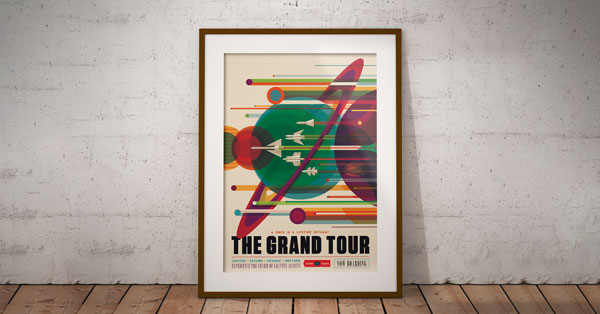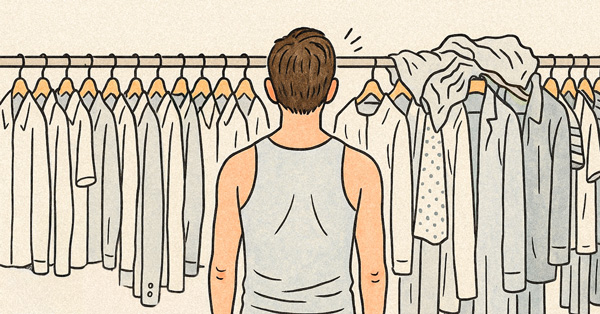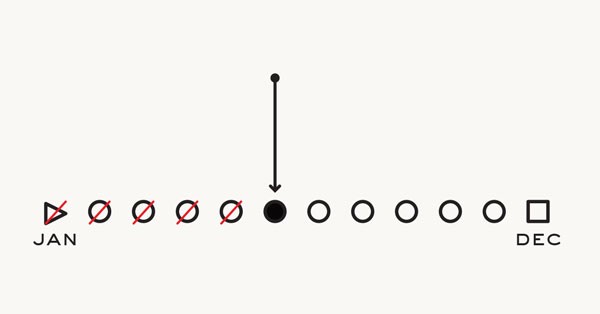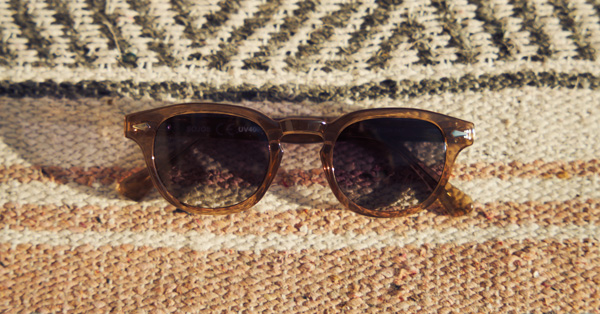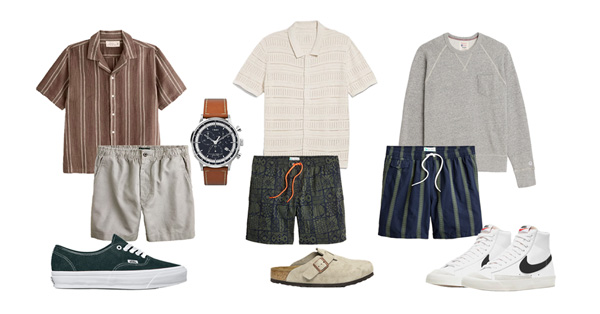As always, never put anything into your body before fully researching whether it's right for you and if your doctor agrees with your choices. This information is provided as Robert's own experience and shouldn't be considered medical advice. Read more legal mumbo jumbo here.
100 Days of Fitness
- 100 Days of Fitness: An Introduction
- 100 Days of Fitness: Week 2 - Nutrition
- 100 Days of Fitness: Week 3 - Exercise
- 100 Days of Fitness: Week 4 - Building a Home Gym
- 100 Days of Fitness: Week 5 - Supplements
- 100 Days of Fitness: Week 6 - Expectations
- 100 Days of Fitness: Week 7 - Footwear
- 100 Days of Fitness: Week 8 - Food Lies
- 100 Days of Fitness: Week 9 - Meet the Kettlebell
- 100 Days of Fitness: Week 10 - Sample Circuits
- 100 Days of Fitness: Week 11 - Days vs Weeks
- 100 Days of Fitness: Week 12 – The Geography of Weight Loss
- 100 Days of Fitness: Week 13 - Travel Training
- 100 Days of Fitness: Week 14 – Meals, Snacks, & The Pocket Workout
- 100 Days of Fitness: Week 15 - What It's All About
- 100 Days of Fitness: Week 16 - Endless Push-Ups & Learning the Pull-Up
- 100 Days of Fitness: Week 17 – Adjustable Kettlebells + A Circuit
- 100 Days of Fitness: Week 18 – Intermittent Fasting & Strength Test
- 100 Days of Fitness: Week 19 – 15 Minute Workouts & A Cool Workout iPhone App + Contest
- 100 Days of Fitness: Week 20 - Switching It Up
- 100 Days of Fitness: Week 21 – Reflections
- 100 Days of Fitness: Week 22 – A Week Without a Workout
- 100 Days of Fitness: Week 23 – Why We Work Out & The 30 lbs Lost Marker
- 100 Days of Fitness: Week 24 - 5 Common Home Gym Mistakes
- 100 Days of Fitness: Week 25 – Work Ethic
- 100 Days of Fitness Special: Men's Health in Movember
- 100 Days of Fitness: The Muscle Aesthetic
- 100 Days of Fitness: The Cure for Holiday Pounds
The supplement industry is a $16 billion dollar a year industry. That's a whole lot of vitamins. And Nitric Oxide vacillators. Protein bars. Protein shakes. Protein juices. Fat burners, blasters, annihilators. Energy boosts, energy dumps, natural this, science that. Flip open any fitness magazine and you'll likely find a product that promises to zap your abs, blast your fat, and burn your butt. Hopefully this comes as no surprise to you, but it's all pretty much bullshit.
Supplements have a place in your diet whenever you're changing the way you eat to affect your body. If you're eating to bulk, you probably need more calories and protein. If you're eating to lose fat, you might not be getting all the vitamins and minerals that you need. So not all supplements are bad. Personally, I stick with only a few tried and tested varieties, most of which are focused on providing what my diet lacks.
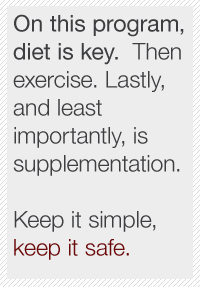
I'm going to break down the few supplements I support below. I won't be recommending any of the crazy, $40 a bottle fat-burners. Trust me – I've been down that road. In my slightly younger days if it promised to burn more fat I took it. I can say without a doubt, that 99% of the time, this stuff had no real noticeable effect. Or, I should say, positive effect. If you like a burning feeling in your throat and stomach (most fat burners have a large dose of capsaicin, the same stuff that is used to make pepper spray) or if you like dry eyes, peeing all the time, and the occasional bout of diarrhea (side-effects of diuretics) then by all means go ahead and take them. You'll get better results if you skip the junk science and focus on eating right and exercising. That said, here is what I take, or have taken.
A Multivitamin
Any time you reduce your caloric intake, you're also reducing your intake of vitamins, minerals, and all that other stuff doctors say you should eat. To replace, or supplement, these lost vitamins, a good multivitamin is a necessity. I use some generic Men's One-a-Day pill. You don't have to break the bank on these. I sometimes use Animal Paks vitamin supplement, which are a tad bit more expensive, but have every vitamin under the sun in them. They're formulated, so they say, to provide more help to athletes. Science just might back them up, as B vitamins are essential for strong muscles and growth, and the Animal Paks are full of them. Most of the population won't need that high of a dose though, and it does turn your pee electric yellow.
A Calcium Supplement
This may not apply to you (but it should), but I've stopped drinking a lot of milk after noting the sugar and carb content. Milk's not bad for you by any means and I'll still drink a glass of 2% when I get a strong urge, but for the most part I'm relatively milk-free. This creates a gap in my calcium intake, so I supplement with two pills and wham-bam, I'm back in the strong bones game. Enough calcium is especially important for women, who are at higher risks for developing bone diseases and weakness.
Fish Oil
If you eat a lot of fish in a week, you might not need this one. I have tuna once a week or so, so supplement with fish oil almost every day. This stuff is the original “good fat” (most naturally occurring fats aren't evil) and is said to help your heart, muscles, brain, and bones. I go for a “no-burp” variety, which prevents the unpleasant after-taste of some of these pills, an after-taste that tastes exactly like raw mackerel skin. Don't ask how I know that.
Whey Protein
On a reduced calorie, high protein diet, I find Whey Protein to be a great supplement. Its quick and easy to drink, delivers 20-30 grams of protein, only has a few carbs, and can fill you up for a few hours. I used to mix it with milk, which is delicious, but have started mixing it with water, which is not as tasty, but has fewer calories and fewer carbs. I used Optimum Nutrition Gold Standard, which is a good mix of taste, protein, and price.
Creatine
I don't often take creatine any more, but have used it in the past. It's one of the most tested and reviewed supplements of all time. It's found naturally in meats, so if you're eating a decent amount of steak and hamburger, you probably don't need this. But if you're leaning vegetarian, you're probably lacking, or if you're trying to build some muscle, it can't hurt to add this to your diet. Go for a cheaper brand and avoid one that comes loaded with tons of other “matrixes” of ingredients. They're just adding price, not results. Check out Bodybuilding.com's guide, “All About Creatine,” for more info.
Caffeine
You can get this from diet drinks, teas, coffee, sugar-free energy drinks, or powder and pill forms, but science has routinely shown that caffeine helps mobilize fat into the bloodstream and fuel better workouts. Just be careful with how much you take at a time so you don't get the jitters or crash. The recommended dose in pill form is around 200mg, though a cup of coffee has 150mg per 8oz cup. Most people won't need to supplement with caffeine pills, unless its right before exercising. What you can do is drink tea or coffee before a workout, or two to three times a day for a boost.
When it comes to supplements, there are some things out there that are expensive, but do work. However, I don't think the cost justifies the generally minor increases in performance or weight loss. Something like Alli costs upwards of $50 for a month and leaves you with potential anal leakage. NO-Xplode is popular and worked for me, for about a month, but in reading the label, all I was doing was paying $35 a month for caffeine, creatine, and vitamins, stuff that if I bought separately would cost me about $12 a month.
On this program, diet is key. Then exercise. Lastly, and least importantly, is supplementation. Keep it simple, keep it safe. Don't go nuts and always follow the instructions on the labels. The above ingredients are the ones that I use personally and may be right for you. But only you know what you need and can tolerate, so use your brain.
My Results
A sort of a rough week with two bad days right before the weigh in. Still, I'm down a pound with my weight at 242.5, for a total weight loss so far of 9 pounds. I'm still losing an average of more than two pounds a week, which is slightly above what is considered “normal safe” weight loss. So we're still on track. The important thing is, no matter what the scale says, only adjust positively. Don't give up. Don't see a pound of weight loss as “only a pound.” You're still a full pound of fat lighter. That amount of fat could fill a coffee cup to the brim. Keep on keepin' on, kids.



